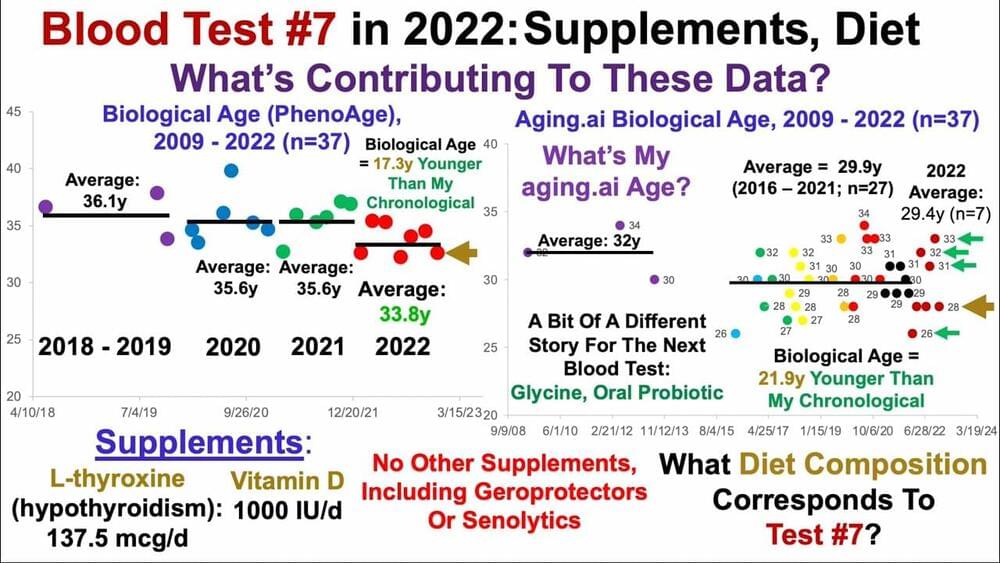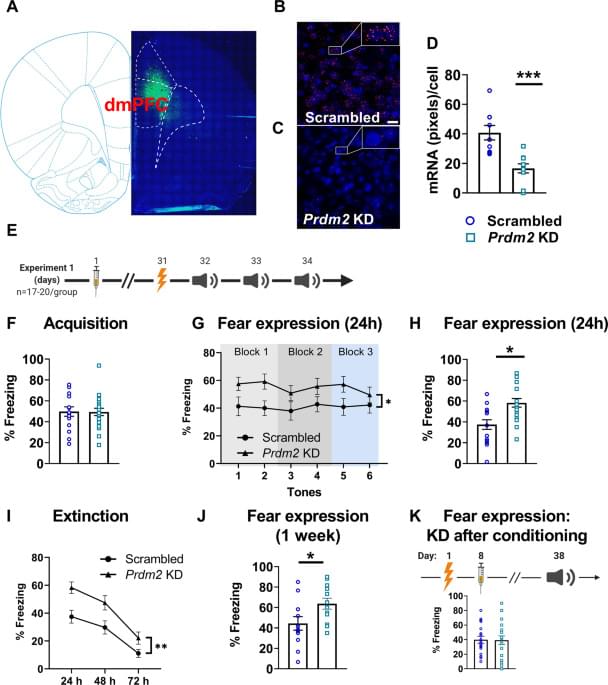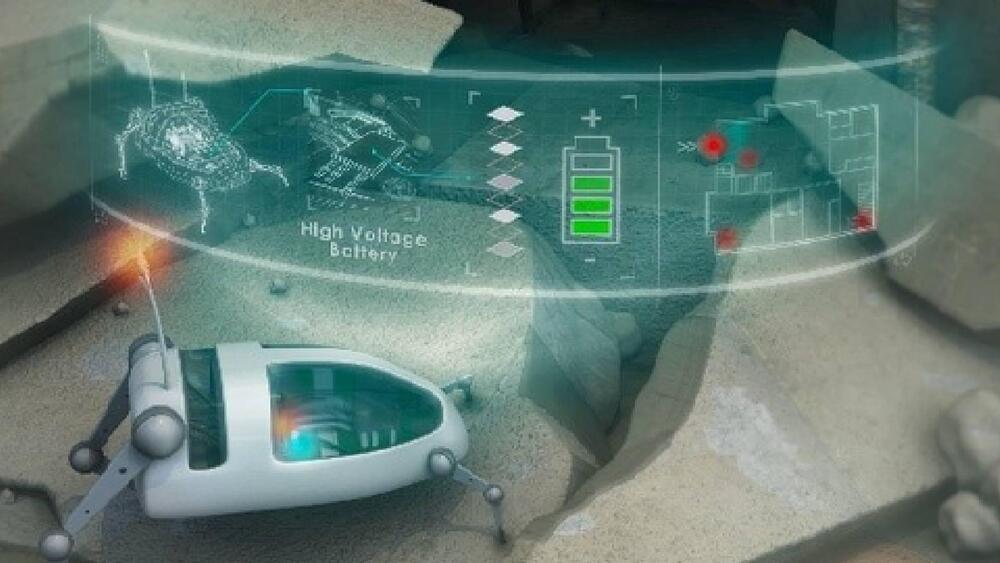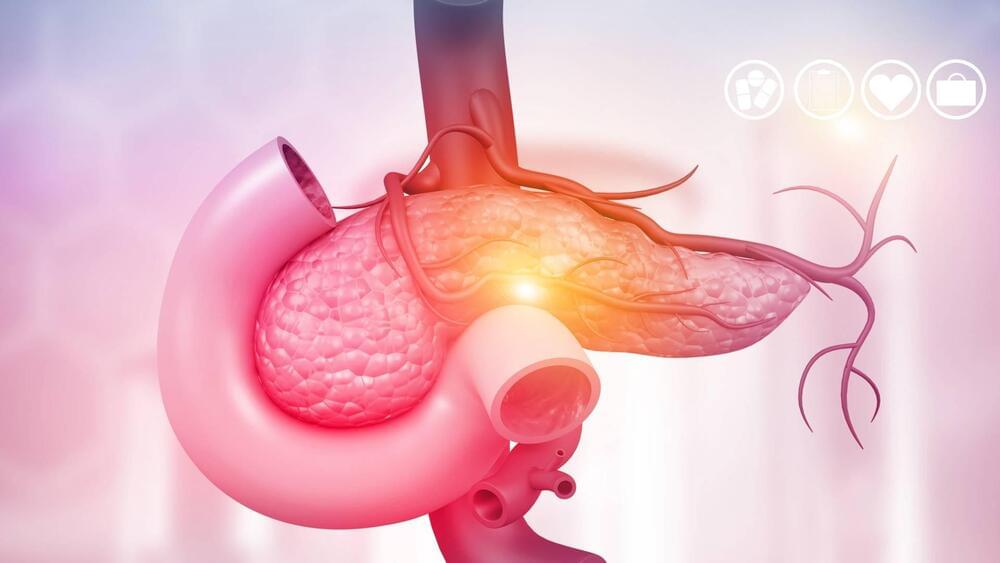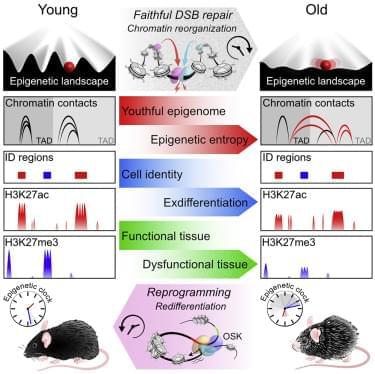Jan 15, 2023
Overactive Cell Metabolism Linked to Biological Aging
Posted by Kelvin Dafiaghor in categories: biotech/medical, life extension, neuroscience
Why do cells, and by extension humans, age? The answer may have a lot to do with mitochondria, the organelles that supply cells with energy. Though that idea is not new, direct evidence in human cells had been lacking. Until now.
In a study published Jan. 12 in Communications Biology, a team led by Columbia University researchers has discovered that human cells with impaired mitochondria respond by kicking into higher gear and expending more energy. While this adaptation—called hypermetabolism—enhances the cells’ short-term survival, it comes at a high cost: a dramatic increase in the rate at which the cells age.
“The findings were made in cells from patients with rare mitochondrial diseases, yet they may also have relevance for other conditions that affect mitochondria, including neurodegenerative diseases, inflammatory conditions, and infections,” says principal investigator Martin Picard, PhD, associate professor of behavioral medicine (in psychiatry and neurology) at Columbia University Vagelos College of Physicians and Surgeons.

